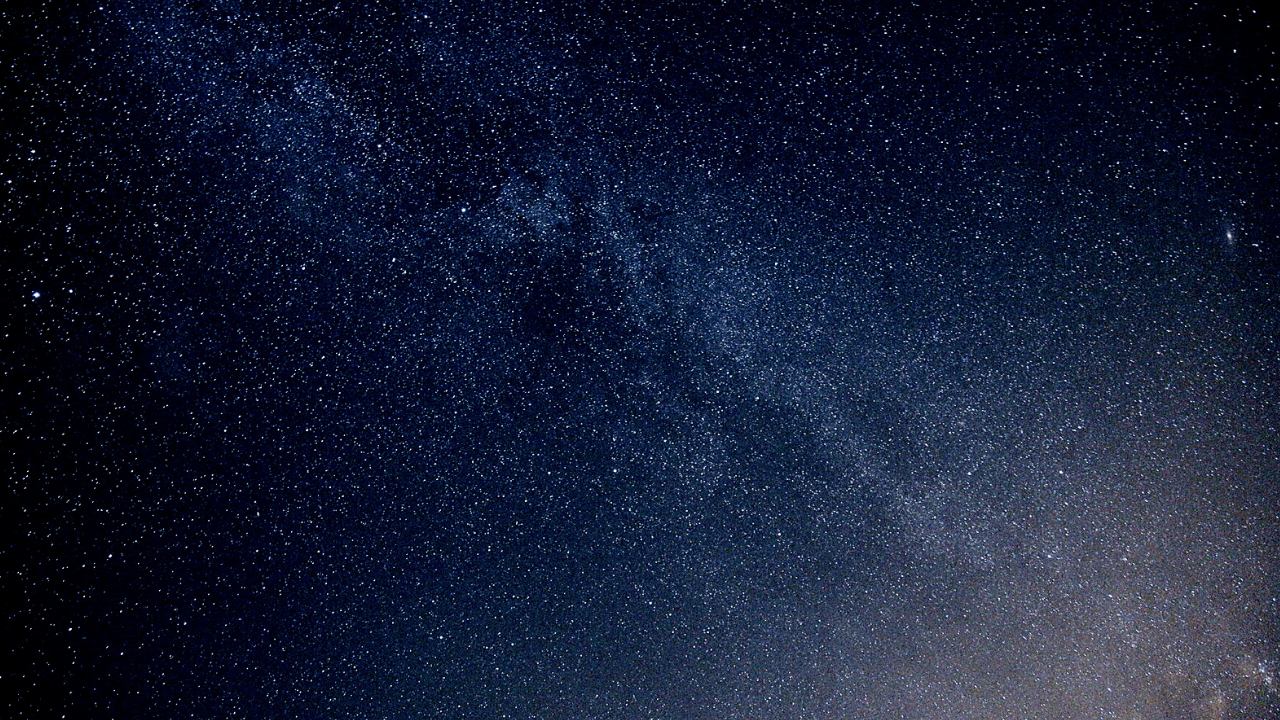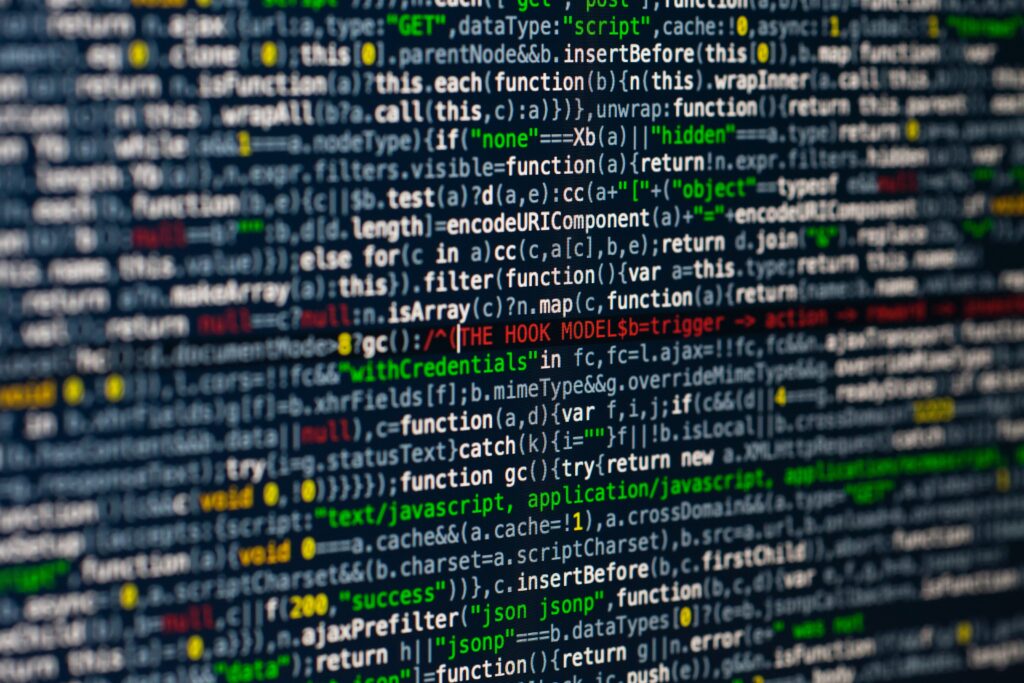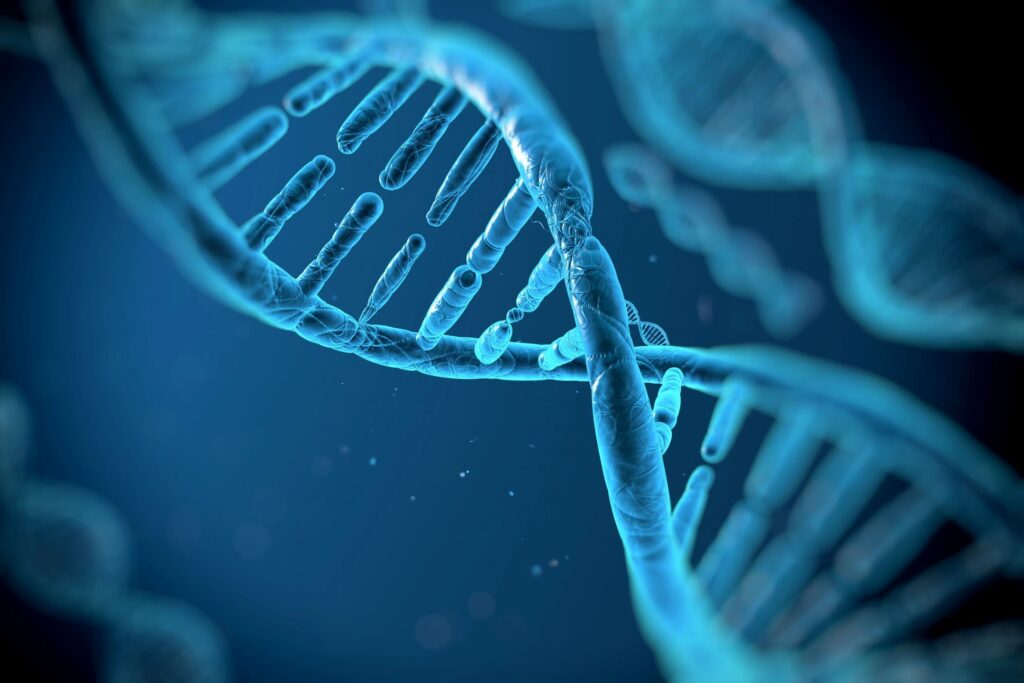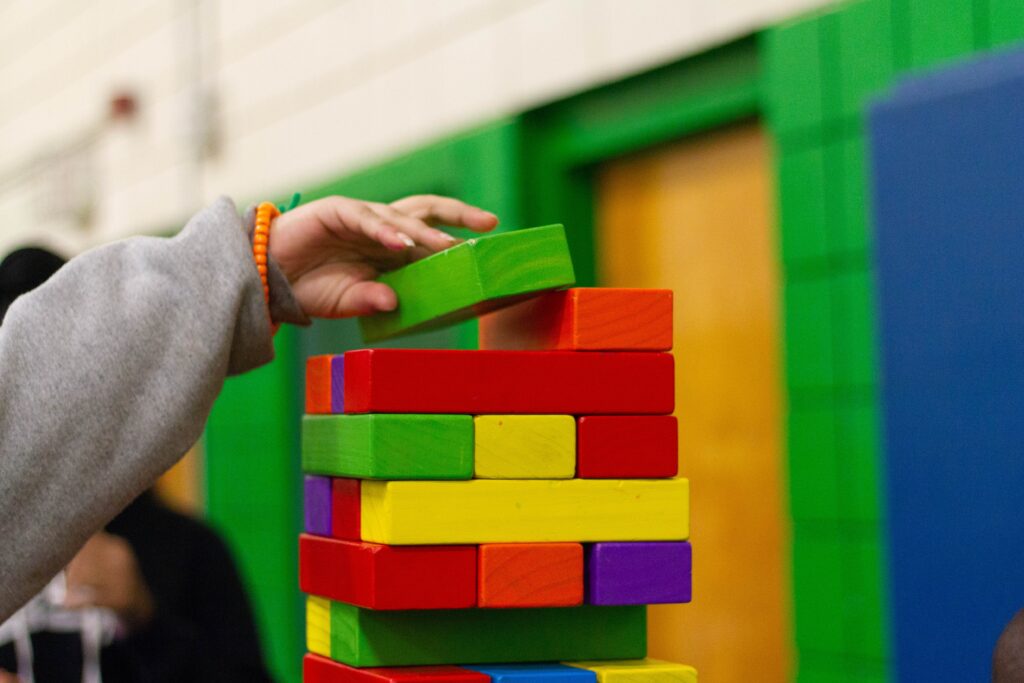Five Great Catholic Scientists Whose Contributions Rocked the World
The Catholic Church has long suffered the reputation of being anti-science, backward, and superstitious. Many hold the false belief that one must be either a person of science and reason OR be religious and have faith in God. The truth, however, couldn’t be further than this. In fact, it can even be said that science was born of Christianity. Catholics are numbered among the most important scientists of all time. Numerous inventions and discoveries that we know today are attributed to them. The Church also funds, sponsors and supports scientific research and has done so from the time science was born in the 17th century. Back then even church buildings were not only used for religious purposes but as was noted, “Cathedrals in Bologna, Florence, Paris, and Rome were designed in the 17th and 18th century to function as world-class solar observatories.”
The Catholic Church has always been an enthusiastic supporter of science, led in this mission by the Pontifical Academy of Sciences. The brilliant Catholic scientists listed here are proof that faith and reason are absolutely compatible. And these are just five out of hundreds of thousands of priests, nuns, and lay persons who have held firm to both their Catholic faith and scientific knowledge.
Monsignor Georges Lemaître

Msgr Georges Lemaître was a Belgian Catholic priest and astronomer who is credited as the Father of the Big Bang. He formulated the big-bang theory in the 1920s, a theory explaining the beginning of the universe. His theory challenged those of his colleagues, including Albert Einstein, and is accepted as valid until today by almost all astronomers. Msgr Lemaître’s scientific endeavours were driven by the search for the truth. This, he thought, was perfectly aligned with his Catholic faith as he once said, “How could the Church not be interested in the most noble of all strictly human occupations, namely the search for truth?”
Louis Pasteur

If you enjoy wine, beer, milk, and other processed foods and beverages, Louis Pasteur is the man to thank for inventing the process of pasteurization as well as making other discoveries in various fields from fermentation to vaccination. Pasteur was a French chemist and microbiologist whose contributions to science, technology, and medicine, according to the Encyclopaedia Britannica, are nearly without precedent. Today, numerous Institut Pasteur that he founded have been established throughout the world to continue his legacy. Pasteur was a devout Catholic and his reputation as a highly conscientious scientist was undoubtedly fuelled by his faith. Above his tomb in the Institut Pasteur are engraved these words, which he himself once wrote, “Happy the man who bears within him a divinity, an ideal of beauty and obeys it; an ideal of art, an ideal of science, an ideal of country, an ideal of the virtues of the Gospel.”
Sister Mary Kenneth Keller

The year is 1965, location, the University of Wisconsin-Madison convocation ceremony. On this day, history was made. As the graduates stand proud to receive their scrolls, one woman stood out among them in her graduation robe and nun’s habit. Sr Mary Kenneth Keller was a Catholic Sister of Charity of the Blessed Virgin Mary and the first woman in the US to earn a PhD in computer science. Sr Keller strived for equal access to computing for everyone, not only computer scientists. This was evident in her work after graduating, where she went on to found the computer science department in a small institution, taught in and then directed the department for 20 years. Additionally, she also co-developed the BASIC programming language, which transformed the world of computer science. Sr Keller was a trailblazer for women in computer science; she was an advocate for working mothers and even encouraged mothers to bring their babies to class with them.
Father Gregor Mendel

Fr Gregor Mendel is known as the Father of Genetics as he was the first to explain how genes are inherited before anyone even knew genes existed. This include genes for some human traits like cheek dimples, face freckles, and blood type but more importantly his principles have helped in the understanding of thousands of genetic diseases. Remarkably, the Augustinian monk discovered these principles of inheritance after 8 years of tedious experimenting on pea plants in the monastery’s garden. To this day, Mendelian Genetics is mandatory learning for every Genetics major and is used to explain the most basic phenomena of inheritance. In paying tribute to Fr Mendel, Pope St John Paul II in a speech said, “Gregor Mendel was a man of Christian and Catholic culture. During his life, prayer and praise sustained the research and reflection of this patient observer and scientific genius.”
Maria Montessori

Maria Montessori is most known as the founder of the Montessori education philosophy; however, she was also the first woman in Italy to graduate as a doctor at a time when medicine was strictly a male-only profession. Following her graduation, she worked at a psychiatric clinic where she developed an interest in brain development. Montessori carefully observed children’s learning and adjusted her teaching methods and went on to develop her child-centred method of education, which has been validated by neuroscience research many decades later. She strongly believed that education should cultivate the whole child – mind, body, and soul and expressed that the adults’ role is to guide and care for children as individuals of their own right, “We must not just see the child, but God in him. We must respect the laws of creation in him.” KA


Saint John Paul II qouted, “I make this strong and insistent appeal that faith and philosophy recover the profound unity which allows them to stand in harmony with their nature without compromising their mutual autonomy.”
The great and remarkable work of some saints and intellectuals of the Catholic Church who have made significant contributions to theology, philosophy, natural science, medicine, and bioethics proving that a harmonious relationship between science and faith is possible. Therefore complementary, and productive coexistence between faith and true science has indeed been possible and is on-going in the present day.
Science answers to the question ‘How’. Religion answers to the question ‘Why’. Therefore science n religion are complementary to each other.